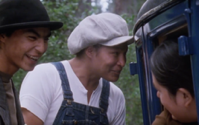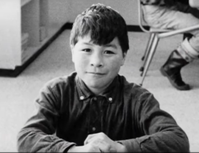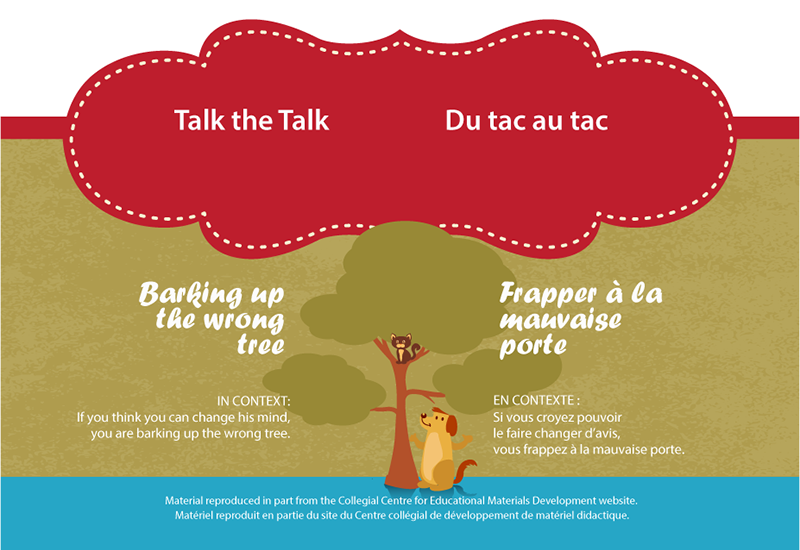- FROM THE TOP
- Happy Canada Day!
- Canada School of Public Service’s Open Learning
- POLAR’S PEOPLE
- A recent publication at Deep-Sea Research
- LEARNING AND PERFORMANCE
- Circumpolar films
- Inuinnaqtun/Inuktitut word of the week
- Are you ready to Talk the Talk?
- UPDATES
- Key outcomes from Senior Management Committee
- POLAR Events Calendar
- WORKPLACE NOTICES
- Upcoming Holidays!
- Canada School of Public Service upcoming webcast
FROM THE TOP
Happy Canada Day!
This year, Canadians abroad and at home will have the opportunity to celebrate the nation’s 153rd birthday from the safety of their own homes. For more information about the Canada Day events taking place online, visit Canadian Heritage.
Happy Canada Day!
Canada School of Public Service’s Open Learning
The Canada School of Public Service is testing its new platform Open Learning that provides educational resources to a public audience. Users do not need to log in or be a public servant.
This platform offers non public servants the opportunity to take courses and learn new skills as well as have access to pre-recorded videos and podcasts from past events. There are a number of business resources available such as:
- Respectful and Inclusive Workplace
- GC and Public Sector Skills
- Indigenous Learning
- Transferable Skills
- Digital Academy
The insights gained from this pilot project will inform the School's direction on open learning and help them discover how to best support public educators and learners alike.
Please note: GCcampus is accessible through public networks. Please do not use the Government of Canada network or Virtual Private Network (VPN) access when logging in. If you require a certificate or record of completion, complete your training using only GCcampus.
POLAR’S PEOPLE
A recent publication at Deep-Sea Research
Ian Hogg has co-authored a paper, currently in press at Deep-Sea Research Part I: Oceanographic Research Papers, on genetic diversity within species of marine amphipods in the waters around New Zealand.
Amphipods are tiny crustaceans with no shells. Most species live in oceans, but a few live in freshwater and some on land. They are an essential part of the food web.
Ian’s study showed that genetic diversity is greater within species of amphipods that live in the upper levels of the ocean, as opposed to those dwelling in deeper waters. It suggests that this links to family traits, particularly the ability of amphipod family groups to disperse – which in turn is connected to their habitat preferences – and may also be linked to regional geological history. These findings help reveal regional patterns of diversity and their association with local processes in promoting differentiation among amphipods on New Zealand’s continental margins.
LEARNING AND PERFORMANCE
Circumpolar films
These two films have been hand-picked by the POLAR Communications team to bring interesting knowledge about the regions and its people in celebration of National Indigenous History Month. Happy viewing!
Picturing a People: George Johnston, Tlingit Photographer (1997)

This is a documentary about George Johnston (Kaash KlaÕ) from Teslin, Yukon. Johnston was a member of the inland Tlingit nation, whose members have close ties with the Alaska coast. Hunter, trapper, entrepreneur, and photographer, Johnston documented life in and around Teslin from 1920 to 1945 with his camera. Most of the people in his photographs knew him well, and this shows in the relaxed, genuine feel of the images. The documentary, made by Tlingit filmmaker Carol Geddes, uses Johnston’s photographs, interviews with people who knew him, and dramatizations to tell his story and the story of life in Teslin between the two world wars – a period that included the building of the Alaska Highway, which suddenly and dramatically changed life in the Yukon.
https://www.nfb.ca/film/picturing_a_people_george_johnston/
The Experimental Eskimos (2009)

In the early 1960s, the Canadian government sent three Inuit boys to school in Ottawa. The reason was to see whether they would benefit from the greater opportunities offered there compared with the schools in their home communities. The three, Peter Ittinuar, Zebedee Nungak, and Eric Tagoona, were chosen because they were excellent students. The experience affected them profoundly. They received an excellent education, became prominent political activists and leaders, and played a part in bringing about recognition of Inuit rights in Canada. Each has also spent a lifetime dealing with the personal consequences of immersion, at a young age, in a place and a culture vastly different from his own. They recount their stories in this film about assimilation, empowerment, and the triumph of the human spirit.
https://www.youtube.com/watch?v=iSyKBNA1Dg0
Inuinnaqtun/Inuktitut word of the week
The Inuinnaqtun/Inuktitut word of the week ingniq. It means: The front part of a qulliq (lamp) where the wick is placed
It is pronounced: eeng-niq
Listen to the pronunciations here:
Are you ready to Talk the Talk?

UPDATES
Key outcomes from Senior Management Committee
Here are the key outcomes and decisions from the June 24, 2020, Senior Management Committee discussions:
- SMC discussed the new Research and Engagement Restart Task Force being struck by the Executive Director of Programs. SMC members agreed that it will be important to avoid duplication of efforts between Programs and Corporate Services with respect to post-COVID return to the workplace efforts.
- SMC also discussed the 2020-21 budget. The Executive Director of Corporate Services outlined several areas of the budget for which she requires additional precision from Programs, and where there will be SMC decision points. This work will be critical to ensuring that POLAR maintains a more accurate financial forecast, which the Board of Directors identified as an area requiring improvement from management.
POLAR Events Calendar
You will find below the latest version of the POLAR events calendar for your information.
All travel is currently postponed until further notice.
Please send any calendar updates or additions to Tehjae Tsukada at tehjae.tsukada@polar-polaire.gc.ca.
POLAR events calendar: June 26, 2020
WORKPLACE NOTICES
Upcoming Holidays!
With summer fast approaching, a few provincial or territorial holidays are just around the corner. These designated paid holidays provide a well-deserved day off for employees to spend time with their family and friends.
- July 1, 2020 – Canada Day
Based on employees permanent work locations, you are entitled to one of the following three provincial or territorial holidays:
- CHARS campus (Cambridge Bay, NU): July 9, 2020 – Nunavut Day in Nunavut
- Ottawa office (Ottawa, ON): August 3, 2020 – Civic Holiday in Ontario
- Work stations in Yukon: August 17, 2020 – Discovery Day
The employee’s place of residence is not used to determine which provincial or territorial holiday applies. For example, an employee who lives in the province of Quebec and works at the Ottawa office is entitled to the provincial designated paid holiday of August 3, 2020 instead of June 24, 2020 (Fête Nationale in Quebec).
Canada School of Public Service upcoming webcast
Our collective experience since March 2020 has led many organizations to explore new ways of working, even after the pandemic ends. Join the conversation with Michelle Austin of Twitter Canada, as she discusses the company’s remote-work policy and experience with remote work to date, productivity facts and myths, and explores tips and best practices for thriving in a remote work environment.
Date and time: July 9, 2020 | 1:30 p.m. to 2:30 p.m. (ET)
Language: English, with interpretation in French
Location: Available across Canada by webcast
Register for webcast here
